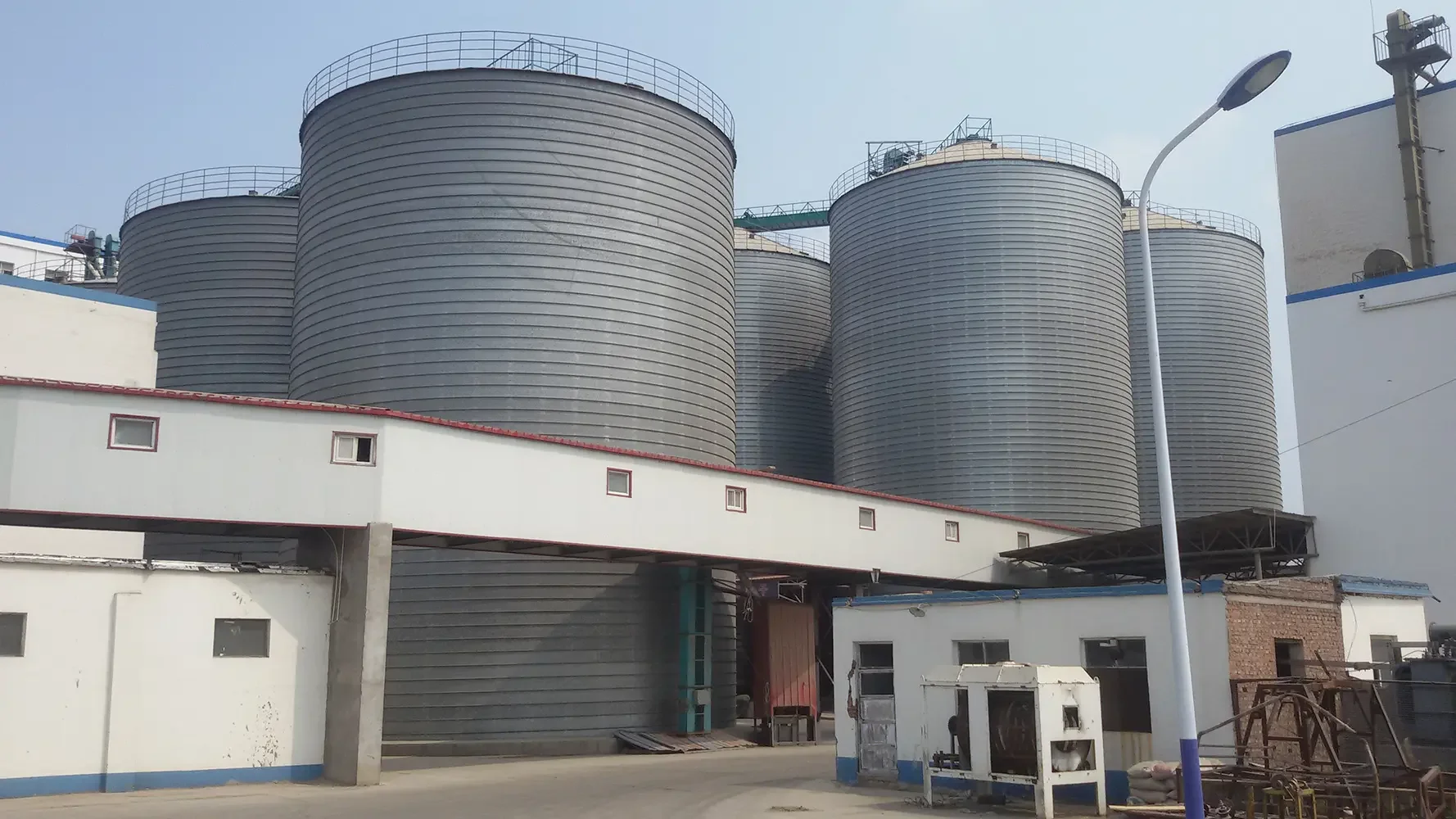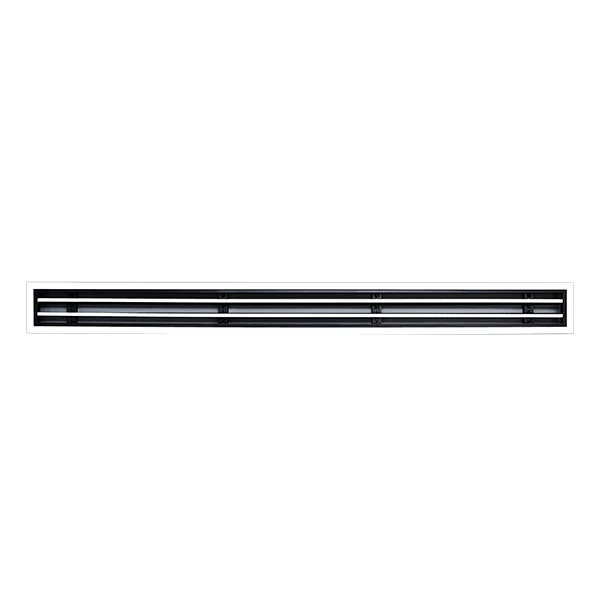When it comes to constructing durable and long-lasting concrete blocks, choosing the right cement mix is crucial. The ideal cement mix not only ensures structural integrity but also enhances the overall quality and performance of the blocks. In this blog post, we will explore the various factors to consider and unveil the best cement mix for concrete blocks, backed by expert knowledge and practical insights.
- Understanding Concrete Blocks:
Before delving into the best cement mix, it is essential to have a solid understanding of concrete blocks. Concrete blocks are widely used in construction for their strength, versatility, and cost-effectiveness. They are composed of cement, aggregates, and water, with the cement mix playing a vital role in determining their properties. - Key Factors Influencing Cement Mix Selection:
To identify the best cement mix for concrete blocks, several factors need to be taken into account:
a) Strength Requirements: Different applications demand varying levels of strength. Understanding the intended use of the concrete blocks is crucial in determining the appropriate cement mix.
b) Climate Considerations: Environmental factors such as temperature, humidity, and freeze-thaw cycles can significantly impact the performance of concrete blocks. The cement mix should be tailored to withstand the specific climate conditions.
c) Aggregate Selection: The choice of aggregates, such as sand and gravel, affects the workability, strength, and durability of the concrete blocks. The cement mix should be optimized to complement the selected aggregates.
d) Admixtures and Additives: Incorporating admixtures and additives can enhance specific properties of the cement mix, such as workability, setting time, and resistance to chemicals or moisture. Understanding the benefits and limitations of these additives is crucial in formulating the best cement mix.
- Recommended Cement Mix for Concrete Blocks:
Based on extensive research and industry expertise, the following cement mix is widely regarded as the best for concrete blocks:
- Portland cement: Known for its excellent strength and durability, Portland cement forms the foundation of the cement mix. Its chemical composition and controlled manufacturing process ensure consistent quality.
- Fine aggregates: A carefully selected blend of fine aggregates, such as sand, provides the necessary workability and improves the overall finish of the concrete blocks.
- Coarse aggregates: The inclusion of coarse aggregates, such as gravel or crushed stone, enhances the strength and load-bearing capacity of the blocks.
- Water-cement ratio: Maintaining an optimal water-cement ratio is crucial to achieve the desired strength and durability. It is essential to strike a balance between workability and excessive water content, which can weaken the blocks.
- Admixtures: Depending on specific requirements, incorporating admixtures like plasticizers, air-entraining agents, or accelerators can further enhance the cement mix's performance.
- Proven Techniques for Mixing Cement:
To ensure a consistent and high-quality cement mix for concrete blocks, the following techniques should be followed:
- Proper measurement: Accurate measurement of cement, aggregates, and water is essential to maintain the desired proportions and achieve the desired strength.
- Thorough mixing: Utilize mechanical mixers or hand mixing techniques to ensure a uniform distribution of cement and aggregates. Adequate mixing time is crucial to achieve a homogeneous mixture.
- Quality control: Regular testing of the cement mix, such as slump tests or compressive strength tests, helps monitor and maintain the desired quality standards.
Conclusion:
Selecting the best cement mix for concrete blocks is a critical decision that significantly impacts the structural integrity and performance of the blocks. By considering factors such as strength requirements, climate conditions, aggregate selection, and incorporating the recommended cement mix, you can ensure the production of high-quality, durable concrete blocks. Remember to follow proven mixing techniques and conduct regular quality control tests to achieve optimal results. With the right cement mix, your concrete blocks will stand the test of time, providing a solid foundation for any construction project.


More Stories
Multi Linear Slot Diffuser Solutions for Contemporary HVAC Design
The Versatility of Fiberglass Woven Cloth in Industrial Applications
Water Based Car Spray Booth Solutions for Automotive Paint Systems